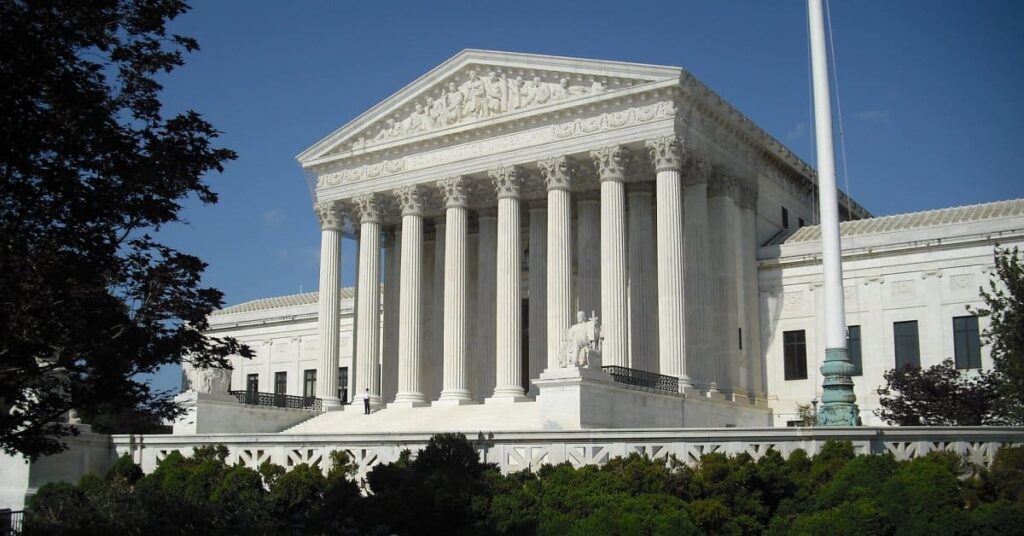
On Friday, June 30, Western’s president Brad Baca sent an email signed by seven of Western’s top administrators that addressed the Supreme Court rulings in Students for Fair Admissions v. Harvard and Students for Fair Admissions v. University of North Carolina, handed down on Thursday, June 29.
The high court decisions declared usage of racially based affirmative action at institutions of higher education, both public and private, unconstitutional, but noted that college admissions officers can still consider “an applicant’s discussion of how race affected his or her life.“
The email sent by Western administrators said that the rulings will not have an effect on Western’s holistic admissions process but noted that the pair of rulings will set back efforts to achieve equality, in higher education and more broadly in American society.
The email from Western’s administration, sent on Friday, June 30:
Like many of our colleagues around the state and nation, we’ve been watching for the U.S. Supreme Court’s decision on two cases related to race-conscious admissions. Yesterday, in what is being called a landmark decision, the Supreme Court banned almost all considerations of race as a factor in university admissions.
While this ban will impact admissions practices at many institutions, it will not affect the undergraduate admissions process here at Western. We have and will continue our work to implement systems that affirm the inherent worth of all people. Our practice for more than 5 years has been to assess each student holistically across a range of factors, starting with academic achievement, with careful consideration of educational opportunities and personal experiences.
At Western, we believe in the transformational power of higher education, and through holistic review, we strive to offer every qualified student the opportunity to earn a 4-year degree. Having a student body that includes individuals with a broad range of academic and life experiences, skills, interests, and identities aligns with our institution’s values and our role as a regional public university.
And, perhaps as importantly, a diverse student body enriches our community and the lives of all our students. We value differences in all of its forms and affirm our value for and commitment to Diversity, Equity, Inclusion, Justice plus (DEIJ+). We do not agree with this decision of the Supreme Court and recognize that inequality remains and that this will impact all of us, and in particular, the lives of minoritized populations.
As has been evidenced by previous actions banning affirmative action in other states, this Supreme Court decision will diminish enrollment of students from underrepresented backgrounds at many institutions which will hinder economic mobility, workforce preparation, and movement towards the creation of a more equitable and just society.
At Western we must remain focused that our communications and programs convey that we welcome all students to our community—they belong here. Our commitment to opportunity, access, and inclusion remains strong and this Supreme Court decision will not change that.

